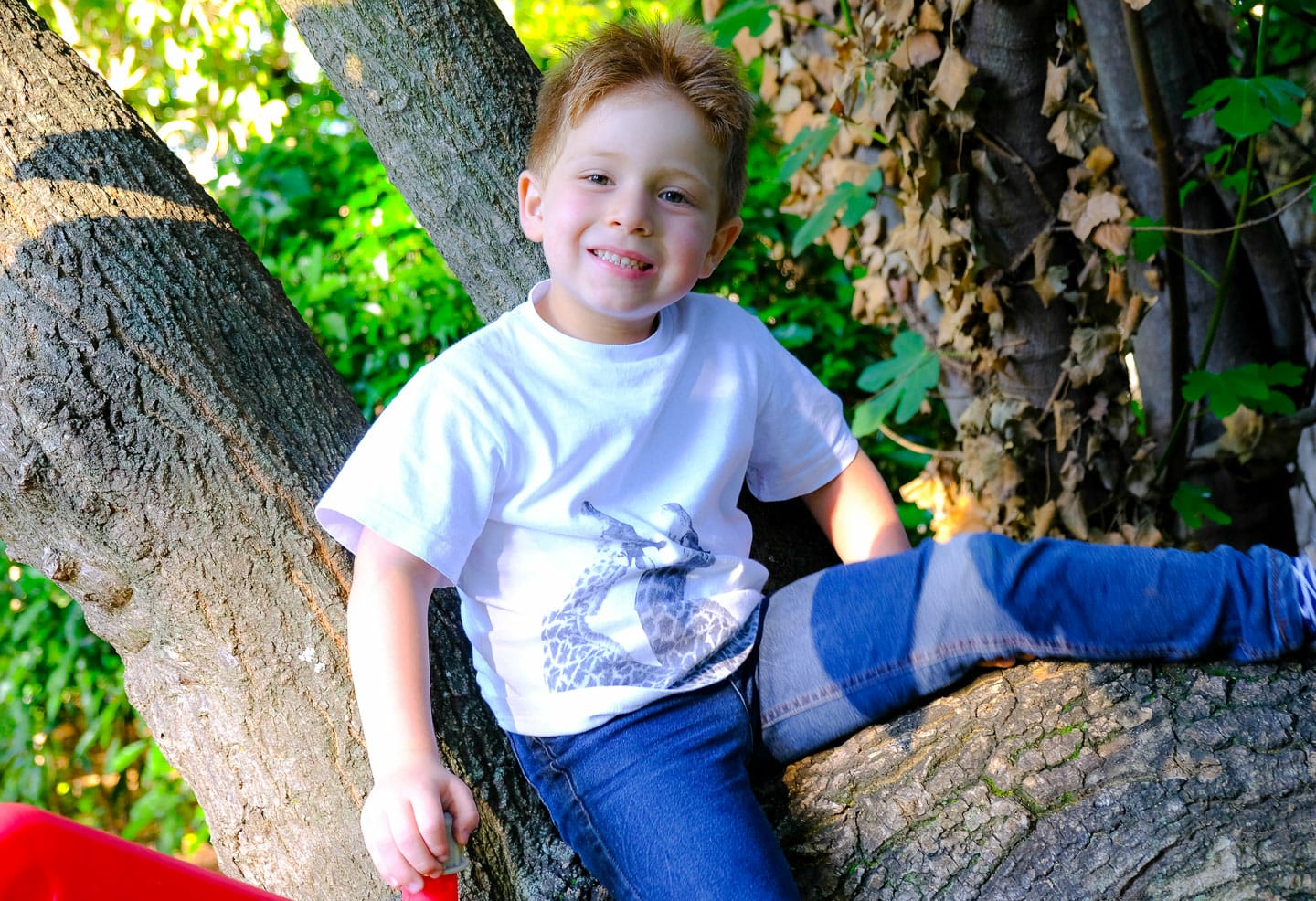
Community

Making it count: tehillim groups reveal the power of prayer
Regardless of their religious observance, a growing number of people are joining tehillim WhatsApp groups, often in support of the recovery of people they’ve never even met.
Reciting tehillim (psalms) is said to break all barriers in heaven. “Tehillim groups are very powerful,” says Eddy Blatt, whose son Raphi underwent neurosurgery after a freak accident almost cost him his life two years ago. “Everything is in Hashem’s hands, but if I had to pin down the one thing that helped get our son through his ordeal, it was the tehillim, the prayers, and the coming together of the community.” Now an active five-year-old, Raphi made a miraculous recovery. “Today you wouldn’t know he was in an accident – an absolute blessing.”
As word of Raphi’s injury spread, people from around the world began to pray. “We were told that there were literally hundreds of thousands of people davening for him. What was also so powerful was when a little child would say tehillim for him or just send a well wish. It’s said that when a child asks Hashem for help, He listens more closely. We are ever grateful to everybody who prayed for Raphi.”
The growing prevalence of tehillim WhatsApp groups in South Africa and abroad has coincided with numerous miracles, like the one experienced by the Blatt family. “They’ve have been a game changer,” says Dana*, who started a Facebook tehillim group before the advent of WhatsApp. “Now, the full book of tehillim is literally being recited around the clock worldwide. It’s not only beneficial to those we pray for, but also for those who pray – it creates unity and becomes a support system.”
“More and more people are realising the power of tehillim,” says Chabad House Director Rabbi David Masinter, who spearheads a campaign aimed at ensuring that each Jewish home has a tehillim book. Chabad South Africa’s “Psalm 4 That Tehillim App” ensuring tehillim are available to all, is also used around the world.
A quote from the Tzemach Tzedek, the third Lubavitcher Rebbe, encapsulates the impact of tehillim. “If you only knew the power that lies in the verses of tehillim and their effects in the celestial heights, you would recite them all the time.”
“Compiled by King David with divine inspiration, these holy words have inspired Jewish people throughout the ages to recite tehillim for all eventualities,” says Ella Shishler, who runs a tehillim group and a project combining tehillim and tzedakah to double the impact of both mitzvot. From giving thanksgiving to Hashem, to praying for the healing of the sick, for shidduchim (matches), for parnassa (livelihood), for fertility and more, tehillim are used in good times and bad.
There’s a psalm for any situation, says Shishler, each rooted in trust in G-d. “It’s with this inherent trust that we extend our prayers away from ourselves and include others who may need our prayers to join alongside with theirs, giving them extra power to soar upwards.”
WhatsApp tehillim groups are either created for a specific individual who may be sick or in need, or they run continuously, with members praying for a regularly updated list of names. The Book of Psalms consists of 150 chapters, and is said in sequence.
“Tehillim will start with number one, so someone may take one to three, for example,” Shishler says. “The next person will commit to saying tehillim four to six, and so on, continuing until the book is finished, when the next person will begin again at number one. We’re a powerful force made up of individuals who alone cannot achieve what we all can do as a committed, caring, and determined team.”
For Andy Toker, running a tehillim group has given her purpose. Though she’s not religious, Toker is spiritual and feels a strong connection to the power of tehillim. After joining a group of people at a hospital praying for a young Jewish boy five years ago, she knew she had to learn more about tehillim.
“I felt this could be my boy, and whether I knew him or not, I needed to go,” she says. “I left thinking that there are so many heartbreaking stories. People hear about them and say, ‘Ag shame!’ but that’s all they do. I felt like it was time to do something more.” Soon, her tehillim group was born and today, it consists of 120 men and women praying for whoever may be in need.
Aside from facilitating rolling tehillim in critical situations to “storm the heavens”, Toker also believes in making prayers specific to each person. In line with the custom where one says the psalm that is one number above their age – so if you’re 30, you say psalm 31 – she’ll often post the Hebrew name of someone who is unwell together with their tehillim number based on this calculation and everyone will say that psalm.
Those who don’t understand Hebrew can say tehillim in English, she says. All that matters is that you actually mouth the words and say the psalm with absolute intention and purpose.
Inevitably, not all prayers are answered in the way we’d like, which can be disheartening, yet we take comfort in knowing that our prayers paved the way for the person to get an aliya, says Toker.
Once the person has passed on or recovered, groups established in a specific person’s name sometimes keep running in the merit of prayers for others. Such is the case for a group started for Sandy* a woman diagnosed with cancer at the age of 36, who is now in remission.
“When Sandy was diagnosed, her friend contacted us and initiated a rolling tehillim group – something we had never heard of before,” says Sandy’s sister. “Every day, people were posting their number, and tehillim were recited continuously. This gave us comfort, helped us to find peace, and strengthened our faith as we turned to a higher power. We felt so supported by our community and overwhelmed by people’s kindness and commitment.”
*Lisa, the friend who started the group, lives in Israel. “It felt good to be able to do something practical, spiritual, and doable from afar for someone I care deeply about,” she says. “I believe in the power of tehillim and in the power of people focused on praying for someone else, directing their loving and caring intention toward their health and healing.”
*Names have been changed










